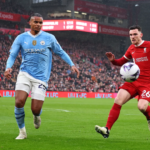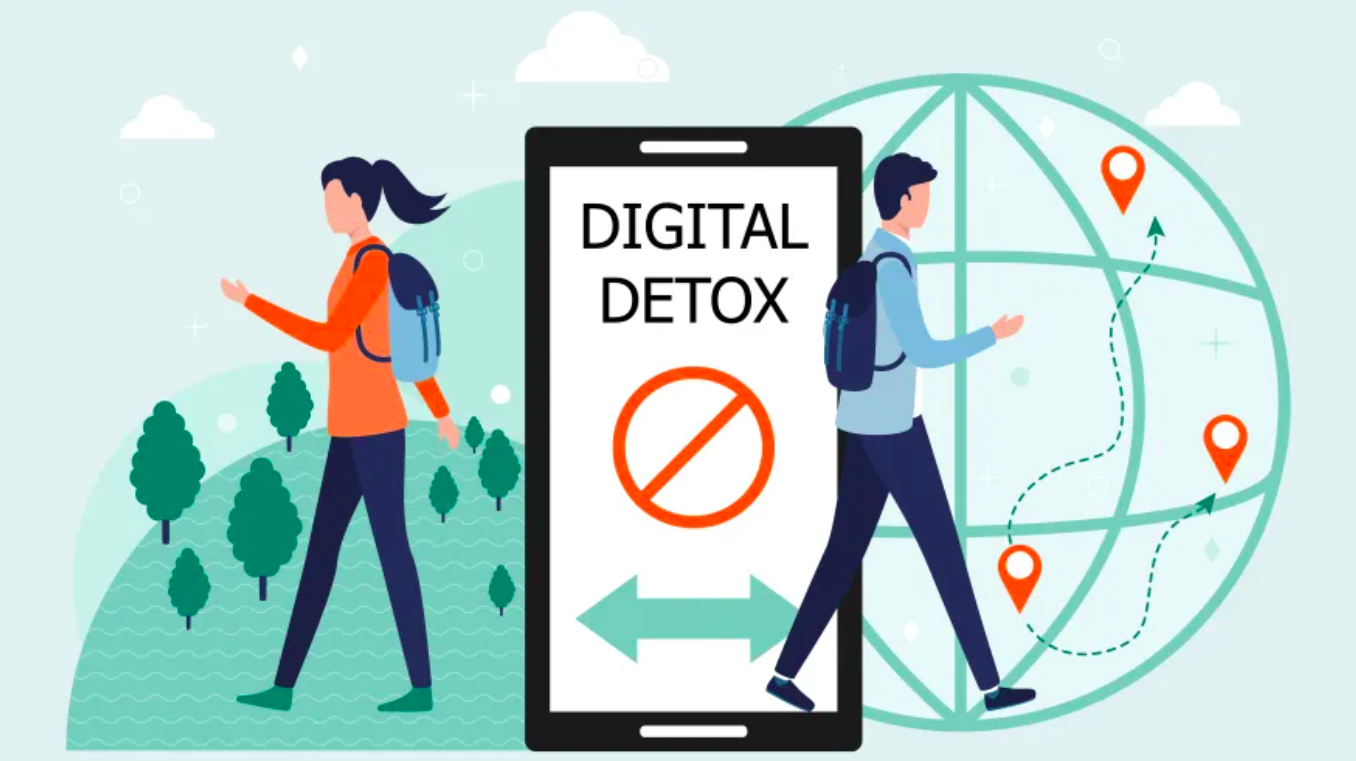Artificial intelligence is transforming nearly every industry, and music is no exception. AI-powered music generators are revolutionizing the way songs are composed, produced, and even performed. Whether it’s assisting human artists or creating entirely new compositions, AI is reshaping the music landscape in ways we never imagined.
How AI Creates Music
AI That Makes Music machine learning algorithms trained on vast datasets of songs. These models analyze patterns, harmonies, rhythms, and structures to generate new compositions that mimic human creativity. Some key technologies behind AI-generated music include:
- Deep Learning: Neural networks trained on music datasets learn to compose original melodies.
- Generative Adversarial Networks (GANs): Competing AI models refine music quality, making compositions sound more natural.
- Natural Language Processing (NLP): AI understands lyrical structures and can generate lyrics based on themes or emotions.
- Algorithmic Composition: AI follows musical rules and theories to generate structured pieces.
Popular AI Music Tools
Several AI platforms are already making waves in the music industry:
- OpenAI’s MuseNet – Can compose complex multi-instrumental pieces in various styles.
- Aiva – An AI composer used for creating soundtracks for films, video games, and ads.
- Amper Music – Helps artists generate royalty-free background music in seconds.
- Boomy – Allows users to create full songs with minimal effort, even without musical training.
- Google’s Magenta – An open-source research project exploring AI and creativity in music.
How AI is Changing the Music Industry
AI-generated music isn’t just an experiment—it’s influencing the industry in several ways:
1. Assisting Artists
Musicians use AI to enhance creativity, generate ideas, and speed up production. AI can suggest chord progressions, beats, or entire melodies, helping artists break creative blocks.
2. Personalized Music Experiences
Streaming platforms use AI to recommend songs based on user preferences. AI-generated music can even create personalized soundtracks for workouts, meditation, or studying.
3. Film and Game Soundtracks
AI can quickly generate background scores for films, video games, and advertisements, reducing costs and production time.
4. AI-Generated Hit Songs
Some AI-generated songs have gained popularity, raising questions about whether AI music could top charts in the future.
Challenges and Ethical Concerns
Despite its potential, AI in music comes with challenges:
- Originality vs. Replication: AI relies on existing music data, raising concerns about originality.
- Copyright Issues: Who owns AI-generated music—the programmer, the user, or the AI itself?
- Human vs. Machine Creativity: Can AI truly replace human emotion and expression in music?
The Future of AI in Music
AI won’t replace musicians, but it will continue to evolve as a powerful tool for creativity. As technology advances, AI could collaborate with artists in real-time, develop new genres, and push the boundaries of musical expression.










